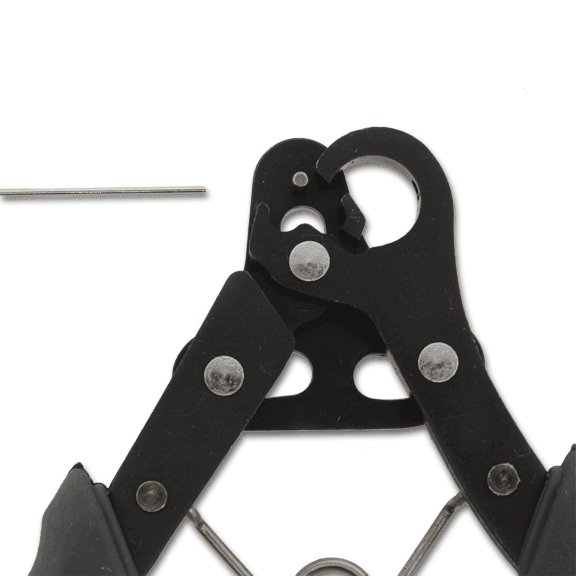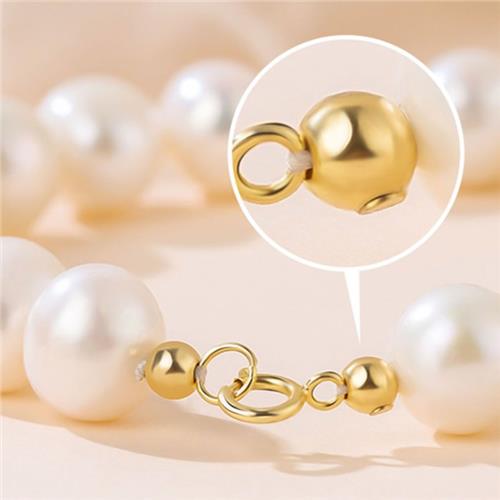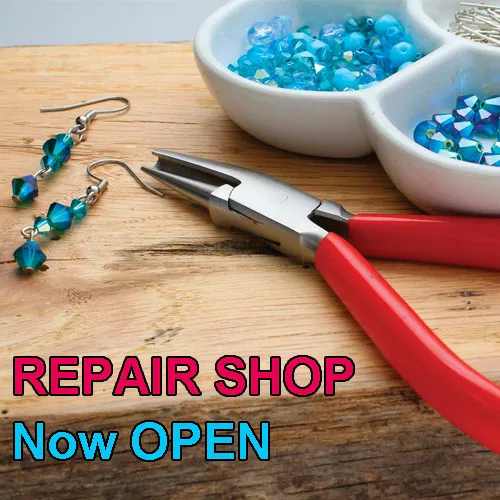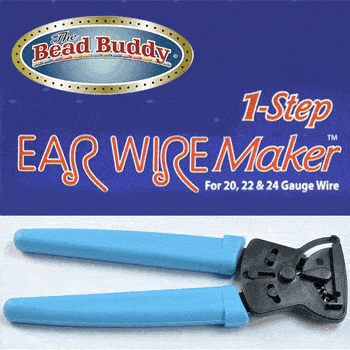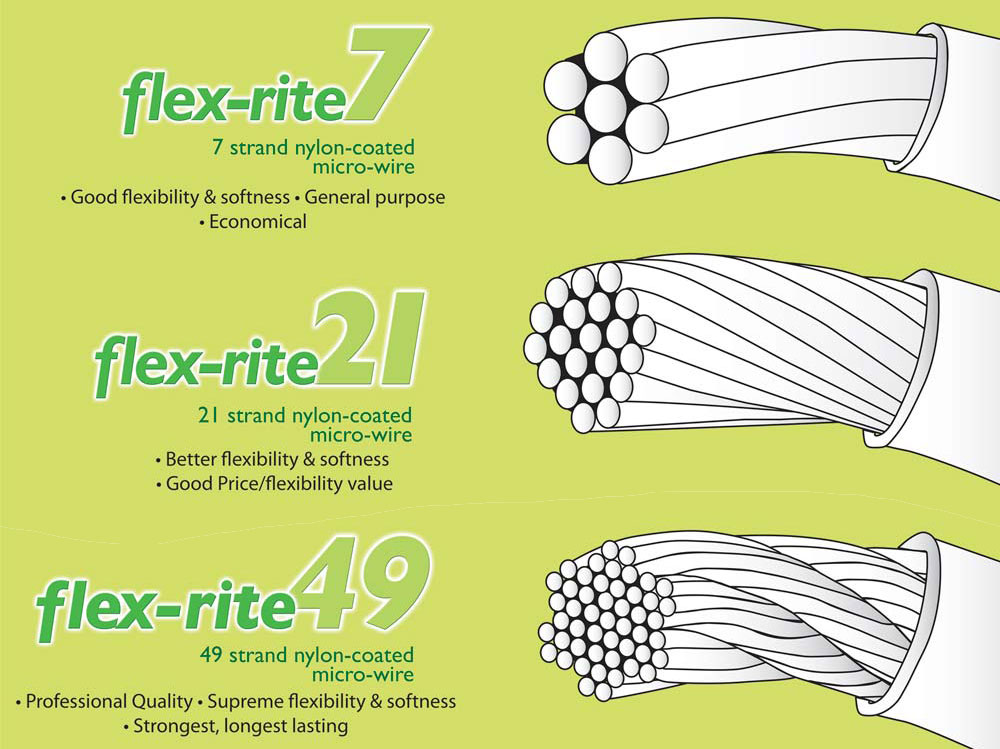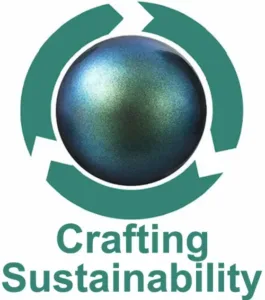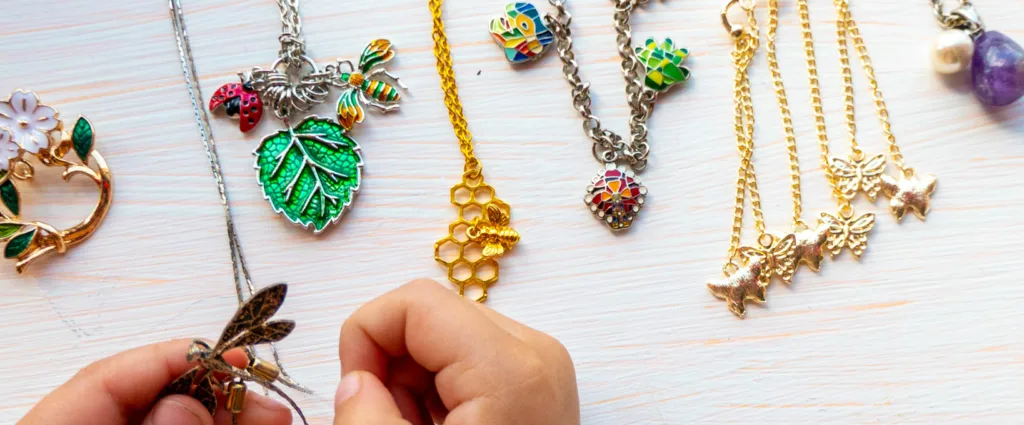
Introduction:
For those who have fallen in love with the artistry and joy of beading, the idea of transforming your passion into a profitable venture is undoubtedly enticing. Imagine being able to share your beautifully crafted beadwork with the world while making money doing what you love. In this comprehensive guide, we will explore the ins and outs of turning your beading obsession into a lucrative business. From creating unique beaded products to effectively marketing and selling them at local artisan craft markets or through boutique stores, let’s embark on a journey towards crafting success.
Starting a new hobby jewelry business in Australia is an exciting venture that allows you to showcase your creativity and entrepreneurial spirit. As you embark on this journey, it’s imperative to lay a solid foundation to ensure the smooth operation of your business. Beyond the essential steps like obtaining an Australian Business Number (ABN) and registering your business name, meticulous consideration of various legal aspects is vital. In the dynamic landscape of commerce, adhering to regulations can significantly impact the success and sustainability of your enterprise.
Getting everything right from the outset not only fosters a sense of professionalism but also paves the way for a smoother business experience. This includes understanding and complying with tax obligations, ensuring that your jewellery meets product safety standards, and implementing clear and comprehensive contracts for any collaborations or agreements. Moreover, safeguarding your intellectual property, addressing consumer rights, and staying abreast of online sales regulations are paramount. By meticulously addressing these considerations, you not only mitigate potential risks but also create a foundation that fosters trust among customers and partners, making your business journey more navigable and rewarding in the long run.
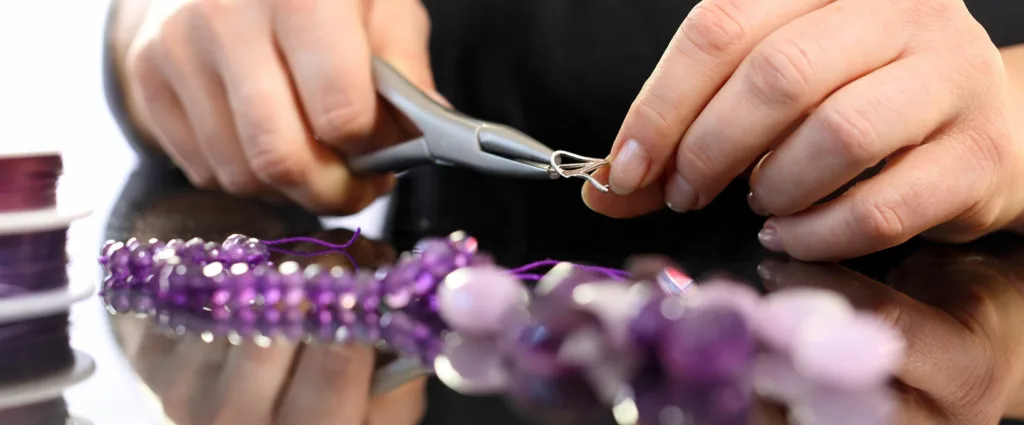
I. Crafting Unique Beaded Products
1. Identify Your Niche:
Start by defining your niche within the vast world of beading. Whether it’s intricate jewellery, home decor items, or personalised accessories, finding your unique selling proposition will set you apart in the market.
Consider things like the materials, colours, themes and aspects of your work that matter to you. Creating a collection and brand centred around gemstone bracelets with a small wooden feature, or a pearl with Miyuki Delica seed beads for example.
2. Quality Matters:
Invest in high-quality beads and materials. Your craftsmanship and the durability of your products will be key factors in establishing a loyal customer base.
Investing in sterling silver ear hooks can make your product appeal to a medium to higher value customer than cheap plated silver ear hooks would. Are you going to be cheap as chips with high turnover, top shelf exclusive and bespoke, or somewhere in between?
3. Stay on Trend:
Keep an eye on current trends in the jewellery and craft market. This doesn’t mean compromising your style, but incorporating popular elements can enhance the marketability of your creations.
Check out the Pantone colour of the year or colours of the season to plan incorporating upcoming looks into your designs. Look at what the established brands are doing. But remember, don’t copy their designs or ideas. Not only could that be a legal issue, but copying another brand will make you look tacky and unoriginal.
4. Create a Signature Style:
Develop a distinctive style that customers can associate with your brand. Whether it’s a specific colour palette, a particular bead arrangement, a specific element or material, or a unique technique, having a signature style adds value to your creations.

II. Setting Up Your Beading Business
1. Legal Considerations:
Research and comply with local business regulations. You’ll need to speak to your accountant regarding the requirements around ABN and tax as well as record keeping. Register a business name so you can trade under that name. Here is a list of aspects that you may need to consider. This is by no means a complete list.
- ABN (Australian Business Number): Check with the ATO on the options regarding an ABN. You’ll need this number to be able to apply for wholesale purchasing and for other business aspects. There is a GST free threshold, so you may be able to operate without having to worry about collecting and paying GST. On the flip side, you won’t be able to claim back GST on purchases if you’re not GST registered. This is one area you should consult a tax professional!
- Business Structure: Decide on the ideal business structure (sole trader, partnership, company) and register accordingly. Depending on how seriously you plan to grow our business, this can be crucial. An accountant should be able to advise on this.
- Business Name Registration: Register your business name with the Australian Securities and Investments Commission (ASIC). This will come with costs to instigate and annual costs to maintain.
- Tax Obligations: Understand and comply with your tax obligations, including GST (Goods and Services Tax) registration if your turnover exceeds the threshold. Record keeping is essential. It would probably be a good idea to open a separate business bank account to keep your funds separate to make it easier on your accountant.
- Product Safety Standards: Ensure that your jewellery complies with Australian product safety standards. Considerations like the contents of materials, safety when used or purchased by children and many others. Metals with a high lead content can be purchased from overseas, but as the importer you are then legally liable. Gemstones containing asbestos are common place in some other countries and can be bought online unknowingly. These can be very serious so due diligence is required.
- Intellectual Property: Consider trademarking your brand or any unique designs to protect your intellectual property. On the other side, ensure you are not infringing on anyone else’s copyright. Checks need to be made to ensure your business name, logo, style, slogan and colour scheme are not in breach. As an example, a particular high street jewellery brand has a trade mark shade of teal. Using that colour in your jewellery brand could end badly!
- Contracts and Agreements: Draft clear and comprehensive contracts for any partnerships, collaborations, or agreements with suppliers, distributors, or retailers.
- Consumer Law Compliance: Be aware of and comply with Australian Consumer Law, including providing accurate product descriptions and addressing consumer guarantees. Simple things like saying “No refunds on sale items” is against the law. The reason for this is, the consumer may feel they can not return an item if it is faulty, incorrectly described or is not fit for purpose. Your customer has legal consumer guarantees that cannot be denied.
- Privacy Laws: If you collect customer information, ensure compliance with privacy laws and have a privacy policy in place. You may find that many laws do not apply to businesses under a certain size, however it is best practice to adopt the strictest policies to provide assurances and guarantees to your clients and customers.
- Online Sales Regulations: If you sell online, be familiar with e-commerce regulations, including disclosure of terms and conditions, and ensure a secure online payment system. Understand and comply with communications regulations such as anti-spam laws.
- Insurance: Besides the essential product liability insurance, consider other types of insurance, such as public liability insurance and business property insurance.
- Record Keeping: Maintain thorough records of your financial transactions, including income and expenses. Maintain your records as you go so it doesn’t become a burdening process.
- Occupational Health and Safety: Implement safety measures in your workspace to comply with occupational health and safety regulations. Consider yourself a serious business from the beginning so if you get to the point of needing to hire someone, you’ll already have the processes in place to comply with safe work practices.
- Environmental Regulations: Be aware of any environmental regulations related to the materials you use in your jewellery. A basic policy of sourcing responsibly produced materials, and recycling is a good place to start.
- Local Council Regulations: Check with your local council for any specific regulations or permits required for operating a business in your area.
- Employee Rights: If you hire employees, be familiar with and adhere to employment laws, including minimum wage requirements. Minimum award entitlements and superannuation are non-negotiable, so seek advice in this area.
- Product Labelling: Ensure that your jewellery is labelled correctly, providing necessary information about materials used, care instructions, etc.
- Dispute Resolution: Establish a process for handling customer complaints and disputes. Remember to seek professional advice or consult with relevant authorities to ensure compliance with specific legal requirements for your unique business situation.

2. Build an Inventory:
Create a diverse inventory of your beaded products. Having a range of items allows you to cater to different tastes and preferences.
3. Pricing Your Products:
Determine fair and competitive pricing for your creations. Consider factors such as material costs, time invested, and market demand. Be transparent about your pricing to build trust with customers. It’s important not to undervalue your time. If your products are time intensive but can not command a price to cover that time, you may need to make some hard decisions on those products.
4. Professional Packaging:
Invest in professional and visually appealing packaging. A well-packaged product not only protects your creation but also enhances the overall customer experience. Simply printing some cards and punching holes for earrings will make your brand come to life.

III. Selling at Local Artisan Craft Markets
1. Research Local Markets:
Identify local craft markets that align with your target audience. Attend a few as a visitor to understand the market dynamics before committing as a vendor.
2. Create an Eye-Catching Display:
Your booth’s visual appeal can significantly impact sales. Invest time in creating an inviting and aesthetically pleasing display that showcases your beaded products effectively. A complete setup would include aspects such as tablecloths, product display stands, banners and backdrops, a uniform t-shirt, flags and business cards.
3. Engage with Customers:
Be approachable and ready to engage with potential customers. Share the story behind your creations and the passion that goes into each piece. Personal connections can turn one-time buyers into loyal customers. Try different little tricks to create buzz and entice sales. Colour, light and movement work wonders. If possible, standing at your booth rather than sitting can provide a more welcoming vibe.
4. Accept Multiple Payment Methods:
Ensure you can accept various payment methods, including cash, card, and mobile payments. This flexibility accommodates different customer preferences.

IV. Selling Through Boutique Stores
1. Build Relationships with Retailers:
Approach local boutique stores that align with your brand. Build relationships with store owners and offer them a sample of your products to showcase the quality and uniqueness of your work.
2. Consignment or Wholesale:
Decide whether you want to sell your products on consignment or wholesale. Consignment allows you to display your items in-store, with the store taking a percentage of sales. Wholesale involves selling your products to the store at a discounted rate, and they handle the retail markup.
3. Provide Marketing Materials:
Supply boutique stores with marketing materials, such as product brochures or business cards. This helps create brand awareness and provides customers with information about your craftsmanship.
4. Maintain Consistent Supply:
If a boutique store commits to selling your products, ensure a consistent and reliable supply. This reliability builds trust with store owners and encourages repeat orders.

V. Effective Online Presence
1. Create a Website or Online Store:
Establishing an online presence is crucial for reaching a broader audience. Create a professional website or set up an online store on platforms like Etsy or Shopify to showcase and sell your beaded creations.
2. Utilise Social Media:
Leverage social media platforms to promote your products. Share behind-the-scenes glimpses of your creative process, engage with your audience, and use platforms like Instagram and Facebook to showcase your latest designs.
3. Invest in Professional Photography:
High-quality, visually appealing photos are essential for online sales. Invest in professional photography to showcase the details and beauty of your beaded products.
4. Optimise for SEO:
If you have a website, optimise it for search engines (SEO). Use relevant keywords in product descriptions, titles, and meta tags to improve your visibility in online searches.

VI. Building a Brand and Marketing Strategy
1. Craft a Unique Brand Story:
Share the story behind your brand and what makes your creations special. A compelling narrative can resonate with customers on a personal level.
2. Utilise Influencer Collaborations:
Partner with influencers or bloggers in the crafting and jewellery niche. Their endorsements and reviews can introduce your brand to a wider audience.
3. Participate in Craft Shows and Exhibitions:
Expand your reach by participating in larger craft shows or exhibitions. These events attract a diverse audience and provide valuable exposure for your brand.
4. Implement Customer Loyalty Programs:
Reward loyal customers with discounts or exclusive offers. Building a strong customer base is not just about making sales but fostering lasting relationships.
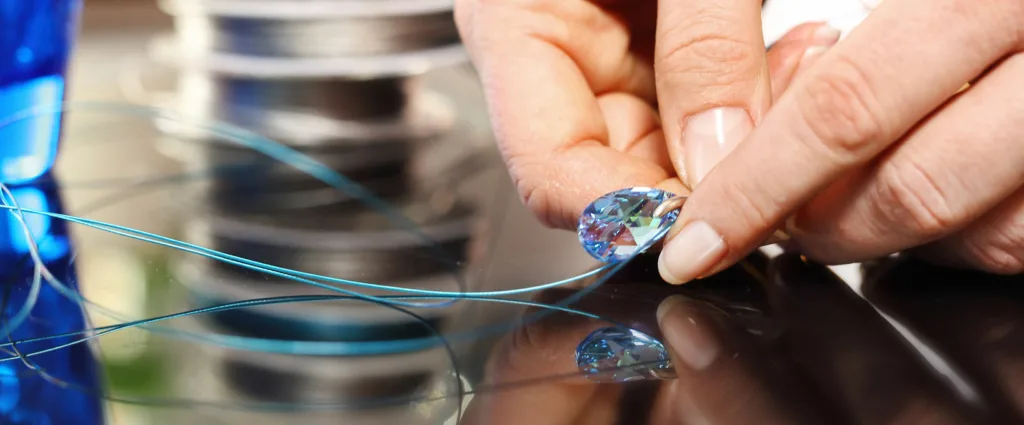
Conclusion:
Embarking on a journey to turn your beading passion into a profitable venture requires dedication, creativity, and strategic planning. By crafting unique products, establishing a strong online and offline presence, and implementing effective marketing strategies, you can transform your love for beading into a successful business. Remember, the key is to stay true to your craft, continuously evolve, and enjoy the fulfilling journey of sharing your handmade creations with the world. May your beads bring not only beauty but also prosperity to your entrepreneurial Endeavor.
Once you have your ABN, talk to Beads N Crystals regarding wholesale purchasing options. We sell at trade prices to qualifying Australian businesses giving you access to many thousands of beading and crafting supplies in Australia. You’ll boost your profits with access to deep wholesale trade discounts on everything you need.
Happy crafting and happy selling!
- VIP Specials – July 2025 - July 3, 2025
- How to Spot Genuine G-S Hypo Cement vs. Counterfeits - June 26, 2025
- VIP Specials – June 2025 - June 6, 2025



